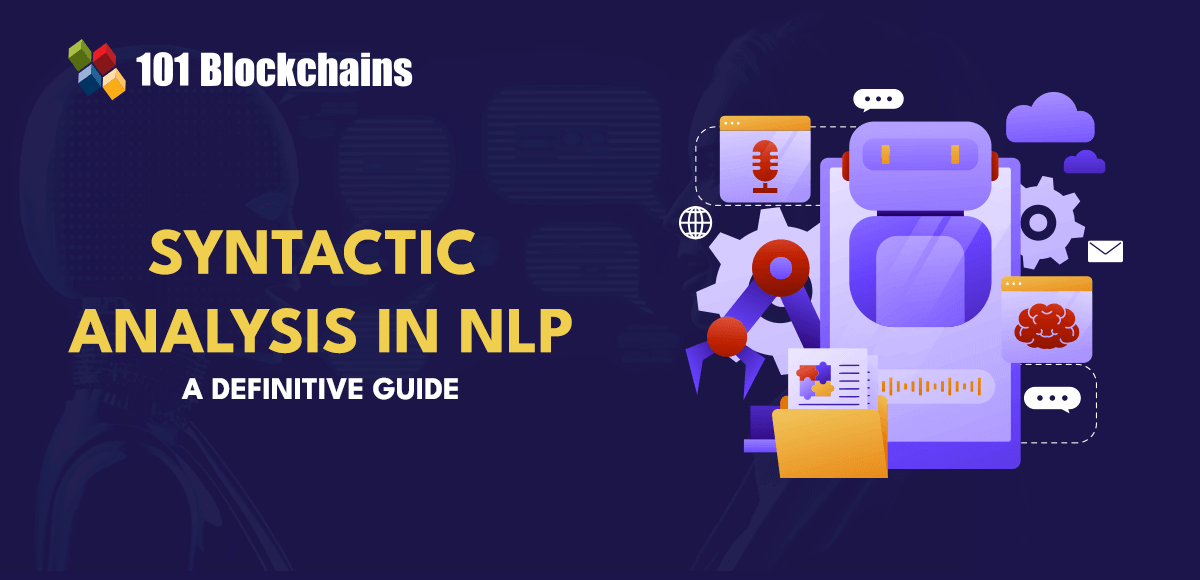OriginTrail decentralized knowledge graph for trusted cross-organization real-time data integration in EU-funded DMaaST


tracking labcore developer Origin Trailhas joined the European Union’s initiative to foster a resilient and adaptive manufacturing ecosystem through the DMaaST project. Working with partners in Slovenia, Spain, Germany, Portugal, Turkey, Serbia, Belgium, Lithuania, France, Denmark and Switzerland, the initiative leverages the OriginTrail Distributed Knowledge Graph (DKG) and Knowledge Assets (KA) to Encapsulates information. It’s about products, processes, facilities and human expertise. This comprehensive approach promotes accurate mapping of data flows and knowledge interconnections, laying the foundation for comprehensive information mapping within the manufacturing ecosystem using OriginTrail DKG. As a result, this ensures reliable, real-time data integration across organizations.
Following the events of January, attention was once again focused on challenges within the aviation and manufacturing industries. Boeing 737 MAX 9 door plug broke. During an Alaska Airlines flight. This incident could have been prevented if the company had established reliable inter-organizational communication. This communication not only improves the responsiveness of the value chain to external and unexpected events, but also improves operability and production planning capabilities.
Effective, transparent and reliable data exchange is the key to fostering sustainability, resilience and energy efficiency in the manufacturing industry. However, over the past few years, various challenges have emerged in this sector.
-
Supply chain disruption: The COVID-19 pandemic has highlighted existing vulnerabilities in global supply chains, disrupting the flow of materials and components. Issues such as raw material shortages, transportation bottlenecks, and labor shortages continue to impact manufacturing operations around the world.
-
Cybersecurity risks: As the digitalization of manufacturing processes increases through technologies such as the Internet of Things (IoT) and Industry 4.0, cybersecurity threats have become a critical concern. Manufacturing facilities are increasingly vulnerable to cyberattacks that can disrupt operations, steal sensitive data, or compromise product quality and safety.
-
Data silos: Manufacturing organizations often operate with fragmented data systems, resulting in data silos across departments or functions. This fragmentation hinders seamless data interoperability and the comprehensive insights that can drive operational efficiency and innovation.
-
Lack of standards: The lack of standardized data formats and protocols complicates data exchange and integration efforts within and across manufacturing enterprises. Without universally accepted standards, interoperability becomes a significant challenge, hindering the flow of data between different systems and stakeholders.
-
Data privacy issues: As data collection and sharing practices proliferate in manufacturing, data privacy and protection have become paramount. Manufacturers must navigate a complex regulatory environment, balancing the need for data-driven decision-making while protecting sensitive information from unauthorized access or misuse.
-
Ownership and Control: Determining ownership and control of manufacturing data can be contentious, especially in collaborative environments or supply chain networks. Disputes may arise regarding data ownership, usage rights, and intellectual property rights, complicating data sharing agreements and disrupting collaboration plans.
-
Legacy system integration: Many manufacturing facilities still rely on legacy systems that were not designed with interoperability in mind. Integrating these older systems with modern data platforms and technologies presents significant challenges that require investments in extensive customization, adaptation, and interoperability solutions.
DMaaST aims to improve manufacturing ecosystem resilience and adaptability using a four-layer smart manufacturing platform. The data layer uses Ontology and the OriginTrail distributed knowledge graph to build the foundation for real-time data integration across the organization. A two-stage cognitive digital twin is then deployed to model both the manufacturing service production line and value chain steps. It integrates human expertise, data-driven algorithms and physical modeling. Algorithms for multipurpose distributed decision support systems leverage this data to facilitate optimal production decisions. Results are delivered through a user-friendly interface and timely scoreboard, assessing circularity, sustainability and product traceability. Over the course of four years, DMaaST will provide insight into replicating and improving manufacturing processes and advance technologies in the aerospace and electronics sectors, ensuring scalability and innovation.
Trace Labs will lead the Data Working Group to develop and validate technologies to promote data understanding, interoperability, and integration across organizations. Integrate OriginTrail DKG for Electronics and Aviation to create a new, powerful knowledge base with artificial intelligence capabilities. DKG will build a decentralized database accessible to all participants in the manufacturing value chain, including manufacturers, suppliers, distributors, retailers, regulators, research institutes, etc. This will improve the manufacturing ecosystem’s ability to autonomously tolerate and adapt to external events.
OriginTrail DKG has been widely used in a variety of industries to foster trust and transparency in enterprise knowledge exchange. It is now evolving to facilitate global knowledge connectivity. Distributed Search Augmented Generation (dRAG) Framework For more accurate and comprehensive AI. Given the challenges of validating AI-generated results, the OriginTrail DKG, which uses knowledge assets as a primary resource, represents a pivotal innovation in this context. This provides a robust framework for ensuring the ownership, discoverability, and verifiability of the information utilized by AI systems in the manufacturing industry.
Project information available here: DMaaST project



